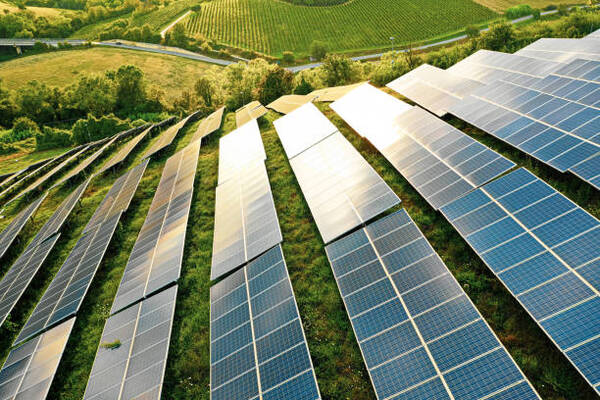- 1-905-452-8193
- Contact Us
- Member Login
- Get Listed Today
- 220,911 members

Solar panels are devices that convert sunlight into electricity. They are made up of many solar cells, which are connected to form a panel. Solar panels are used in a variety of applications, including power generation, water heating and lighting. Solar installation Sydney experts use these panels to power a wide variety of devices, from small electronic gadgets to entire homes.
Solar panels are often used in conjunction with other renewable energy sources, such as wind turbines or hydroelectric power plants, to provide a more reliable and sustainable source of energy. Solar panels are also often used in residential and commercial applications, such as solar water heaters and solar lighting systems.
There are several different types of solar panels available on the market, each with its advantages and disadvantages. The following list shows how versatile solar panels can be.
Monocrystalline Solar Panels
Monocrystalline solar panels are made from a single crystal of silicon. They're the most efficient type of solar panel available, but they're also the most expensive. Monocrystalline solar panels typically have an efficiency rate of 15-20%.
Polycrystalline Solar Panels
Polycrystalline solar panels are made from multiple crystals of silicon. They're not as efficient as monocrystalline solar panels, but they're less expensive. Polycrystalline solar panels typically have an efficiency rate of 10-15%.
Thin-Film Solar Panels
Thin-film solar panels are made from a thin film of semiconductor material, such as cadmium telluride or amorphous silicon. They're the least efficient type of solar panel, but they're also the least expensive. Thin-film solar panels typically have an efficiency rate of 5-10%.
Flexible Solar Panels
Flexible solar panels are made from a flexible substrate, such as plastic or metal. They're less efficient than traditional solar panels, but they're more versatile because they can be installed on curves and irregular surfaces. Flexible solar panels typically have an efficiency rate of 5-10%.
Building-Integrated Photovoltaics (BIPV)
Building-integrated photovoltaics are solar panels that are integrated into the building envelope. They can be used in place of traditional building materials, such as roofing shingles or siding. BIPV solar panels typically have an efficiency rate of 10-15%.
Portable Solar Panels
Portable solar panels are small, lightweight, and easy to transport. They're perfect for camping, boating, or any other activity where you might need power but don't have access to a traditional electrical outlet. Portable solar panels typically have an efficiency rate of 5-10%.
Solar Roof Tiles
Solar roof tiles are a type of BIPV solar panel. They're installed in place of traditional roofing tiles and can be used on both pitched and flat roofs. Solar roof tiles typically have an efficiency rate of 10-15%.
Solar Water Heaters
Solar water heaters use solar panels to heat water for domestic or commercial use. They're a great way to save money on your energy bills, and they can provide a reliable source of hot water even if the power goes out. Solar water heaters typically have an efficiency rate of 70-80%.
Solar Pool Heaters
Solar pool heaters use solar panels to heat water for swimming pools. They can extend the swimming season by up to a month, and they can save you hundreds of dollars per year on your energy bills. Solar pool heaters typically have an efficiency rate of 70-80%.
If you are interested in using solar panels for your home or business, it is important to research the different types of solar panels available and determine which type best suits your needs. There are some factors to consider when choosing solar panels, including cost, efficiency, durability and appearance. You should also consider the location of your home or business and the amount of sunlight that it receives. Solar panels can be a great way to reduce your carbon footprint and save money on your energy bills, but it is important to choose the right type of panel for your specific needs.
Solar panels are a great way to generate clean, renewable energy. They are relatively simple to install and maintain, and they can provide a significant source of power for a variety of different applications. If you are interested in generating your electricity, solar panels may be the right choice for you.
